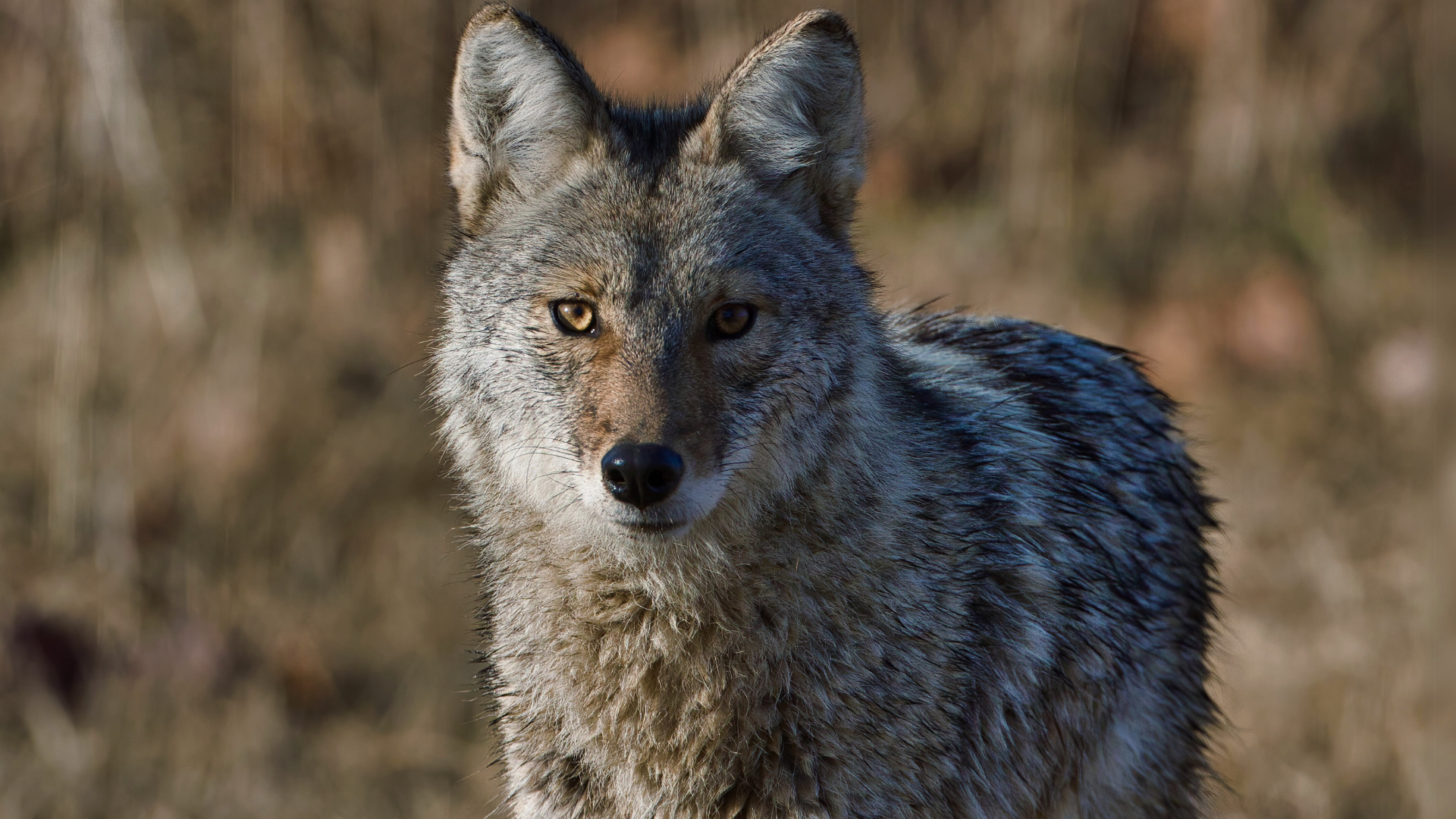
Restoring Balance, Protecting Life.
In the Tít’áwa of the Nez Perce, the wise and cunning trickster Coyote embarked on a daring journey to save the salmon from the clutches of a fearsome monster. His bravery and cleverness brought the salmon back to the rivers, ensuring the survival of his people and the natural world around them. Today, we draw inspiration from this powerful story as we embark on our journey to restore the Snake River and save our salmon.

A Legacy of Stewardship
For nearly a century, industrialism has decimated the Snake River, a sacred and living being to the Nez Perce tribe. The window to save the sacred salmon who call the Snake River home is closing.
Our mission is a modern echo of Coyote’s tale—a commitment to stewardship, resilience, and the interconnectedness of all life.
Watch the award-winning documentary Covenant of the Salmon People to learn more about our work carrying out our ancient promise to protect the Chinook salmon.

Why It Matters: The Circle of Life
For thousands of years, salmon has been central to the Nez Perce tribe’s culture, diet, and spirituality. Just as Coyote freed the salmon, we must now remove the barriers—habitat destruction, dams, climate change, and pollution—threatening these species.
The Nez Perce, whose traditional lands span Idaho, Oregon, and Washington, relied on salmon from the Columbia and Snake Rivers and honored them as sacred gifts from the Creator. Salmon provided food and played a key role in trade and cultural exchange with other tribes.
Settlers and dam construction have caused a steep decline in salmon, which the tribe continues to fight to restore not just for the health of the tribes but for the role they play in the circle of life for many sacred species, like the Southern Resident Orcas.

Working Together for Change
The tale of Coyote teaches us that each of us has a role to play in the stewardship of our natural world.
The Salmon Orca Project is a collaborative effort that brings together communities, scientists, policymakers, and citizens in support of saving our Salmon.
We must ACT NOW to replace the lower Snake River dams, protect our sacred natural landscapes, and find solutions for all who interact with the Snake River across the Pacific Northwest. Use the arrows on the right to learn more about the four pillars needed to restore our salmon.
-
To ensure a future for salmon, the orcas that depend on them, the region's ecosystem, and the tribes whose treaties secure their rights and relationships with these fish, the four lower Snake River dams must be removed and their habitat restored.
-
Significant investments should be made in Fish & Wildlife Services, implemented by Tribes and States as co-managers. Placing Tribes as equal co-managers with the state will ensure prioritized conservation and give the tribes the responsibility of co-maintaining these lands.
-
Reintroduction of these populations back into the Upper Columbia and Upper Snake Basins is an essential step for revitalizing the region's ecosystem, ensuring the fish’s long-term survival and population growth to counter decades of prolonged species loss.
-
Simultaneous to the habitat revitalization, population reintroduction, and tribal oversight, funding must be implemented to mitigate decades of underinvestment in items like addressing the hatchery infrastructure backlog, aiding lamprey passage, and increasing sturgeon protection.
IN THE NEWS
Removing Four Dams Could Save These Wild Salmon from Extinction
How a Long-Shot Push to Remove Dams to Protect Wild Salmon Is Gaining Traction
Nez Perce Tribe Joins the State of Oregon and Others Asking Federal Court to Take Action on Dams
Salmon People: A tribe’s decades-long fight to take down the Lower Snake River dams and restore a way of life
‘The moral question of our generation’
Gov. Inslee, Sen. Murray pursue dam-breaching assessment on Lower Snake River
With Snake River spring, summer Chinook on a ‘quasi-extinction threshold,’ NW tribes call for dam removals
Nez Perce Tribe backs Idaho Rep. Simpson's Snake River dam removal plan
‘With open minds,’ Murray, Inslee detail process to consider breaching Snake River dams
U.S. promised Nez Perce fishing rights, but what if Snake River dams kill off fish?
Salmon face extinction throughout the US west. Blame these four dams













